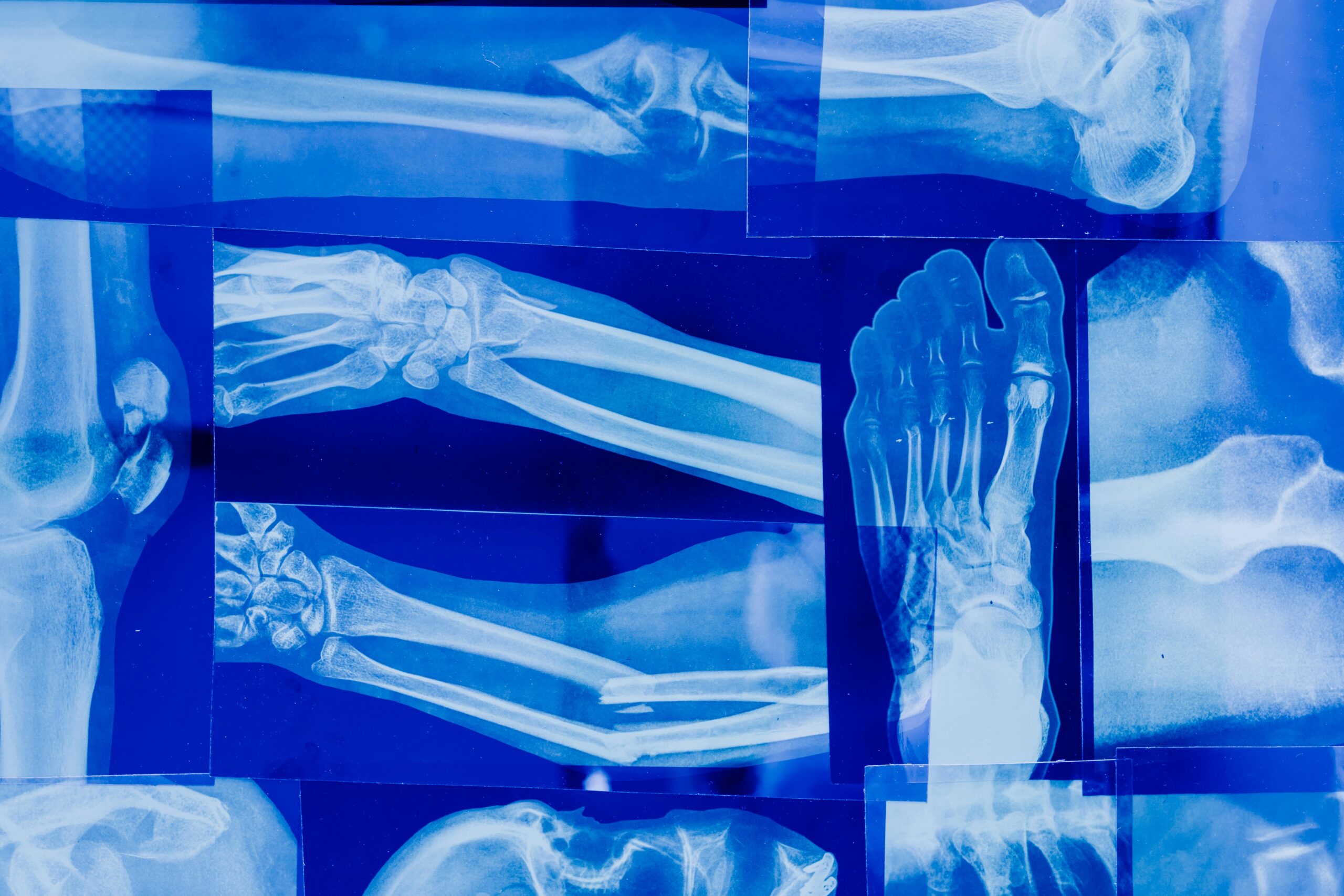The term “rheuma” is not a specific disease, but rather refers colloquially to a set of symptoms and conditions related to the musculoskeletal system, particularly those involving pain, inflammation and stiffness in the joints, muscles, tendons or ligaments. In medical terms, it is associated with rheumatic or rheumatological diseases.
Rheumatic diseases include a wide variety of conditions, such as:
- Arthritis: Inflammation of the joints, such as rheumatoid arthritis or osteoarthritis.
- Osteoporosis: Loss of bone density that increases the risk of fractures.
- Fibromyalgia: Chronic widespread pain in muscles and soft tissues.
- Gout: Accumulation of uric acid crystals in the joints, causing pain and inflammation.
- Lupus: An autoimmune disease that can affect multiple organs and tissues.
- Ankylosing spondylitis: Chronic inflammation of the joints of the spine.
Common symptoms associated with “rheuma” include joint pain, swelling, stiffness (especially in the morning), fatigue, and limitation of movement. Treatment depends on the specific condition and may include medications, physical therapy, lifestyle changes, and in some cases, surgery.
If you experience related symptoms, it is important to consult a rheumatologist for proper diagnosis and treatment.




